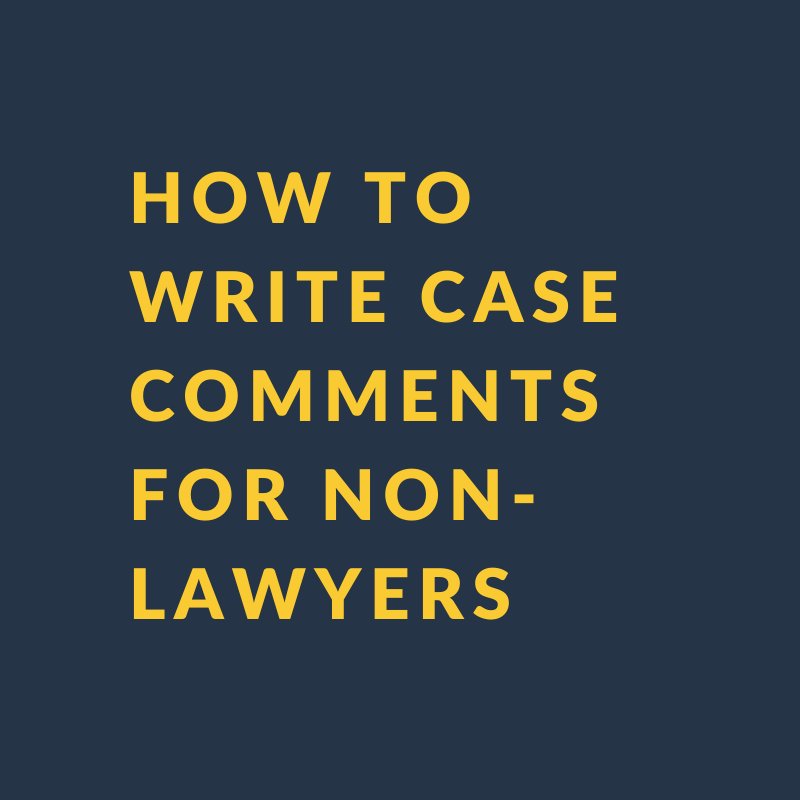What did the judge or panel really think about your latest submission? Wouldn’t you love to know? Aside from the odd reference to “counsel’s helpful written submissions”, it’s usually a mystery.
That’s why it’s kind of thrilling when a judge speaks publicly about legal writing.
Okay, well I find it kind of thrilling.
Two of Canada’s most celebrated former jurists have written useful articles on writing. They favour using plain language and avoiding arcane legalese. They’ve provided a useful guide to “what not to do”. These articles aren’t particularly new, but the advice remains timely. Read on, then go back to your document and do some deleting.
The Honourable John I. Laskin
For Canadian lawyers, the most famous article by a judge on legal writing is the Honourable John I. Laskin’s Forget the Windup and Make the Pitch: Some Suggestions for Writing More Persuasive Factums*.
Recently retired from the Ontario Court of Appeal, Justice Laskin was known for his excellent writing. His entire article is worth reading (and re-reading), but if you’re short on time, here’s something that’s really easy to change. Avoid using these words and phrases:
False intensifiers:
Completely wrong
Absolutely
Unfounded
Very serious error
Clearly
Certainly
It is important to note that
Blatant violation
Backhanded passive:
It is urged that
It would seem to appear that
It is suggested that
It should be pointed out that
"The fact that” phrases:
Notwithstanding the fact that
Due to the fact that
Dreaded couplets:
Null and void
Cease and desist
Due and payable
Free and clear
Force and effect
Legal Jargon
Hereinafter
Herein
Inter alia**
The said
Prior to
Subsequent to
The construction of a statute (as opposed to the preferable “interpretation of”)
Mandates (in place of “requires")
Utilize (instead of “use")
Terminate (instead of “end")
Necessitate (instead of "need")
Remuneration (instead of “salary, wages or pay”)
Adjacent to (instead of "next to")
Provided that (instead of “if”)
Pursuant to (instead of “under”)
The Right Honourable Beverly McLachlin
Canada’s former Chief Justice is also known as a good writer. She was even featured in Ross Guberman’s 2014 book, Point Taken: How to Write Like the World’s Best Judges (I haven’t read it yet but this review by Wendy McGuire Coats makes me want to).
In 2001, Justice McLachlin contributed Legal Writing: Some Tools to the Alberta Law Review.
She, too, discussed words and phrases for lawyers to avoid. There’s a bit of overlap with Justice Laskin’s piece (on which she relies), but I’ve included all of them:
Jargon that gets in the way of communication:
Hereinafter
Generally
Subject to
Arcane phrases:
Subsequent to
Utilize
Inter alia**
Until such time as
Notwithstanding the fact that
Redundant legal phrases:
Cease and desist
Due and payable
Good and sufficient
Null and void
It can be difficult to avoid all of these (see my second note below), but I plan to keep the list next to my screen for the next little while.
Notes:
* Yes, Justice Laskin wrote “factums” not “facta”. Apparently, that’s the correct way to do it. Am I the only one who didn’t know that? I learned about it on Twitter, of all places, a few days ago. It has something to do with the fact that “factum” has French origins (unlike “memorandum”, which is Latin).
** Anyone else surprised to see “inter alia” on both lists? I’m a fan of inter alia! It’s shorter than its English equivalent ("among other things") and its meaning is commonly known, as long as you're writing for a legal audience. Anybody with me?
Additional Reading
For more on plain language legal writing:
The fantastic Legal Writing in Plain English by Bryan Garner
Style: Lessons in Clarity and Grace by Joseph Williams and Joseph Bizup, also fantastic. Justice Laskin cited an older version of this in his article.











